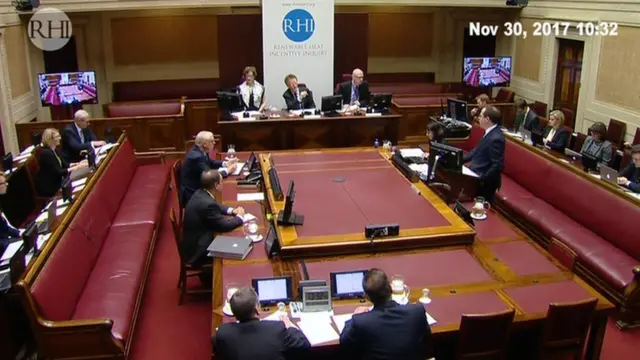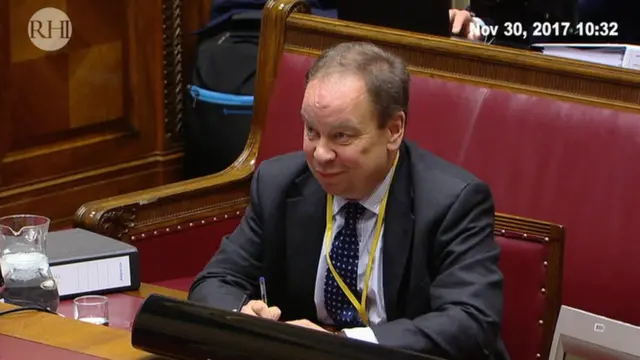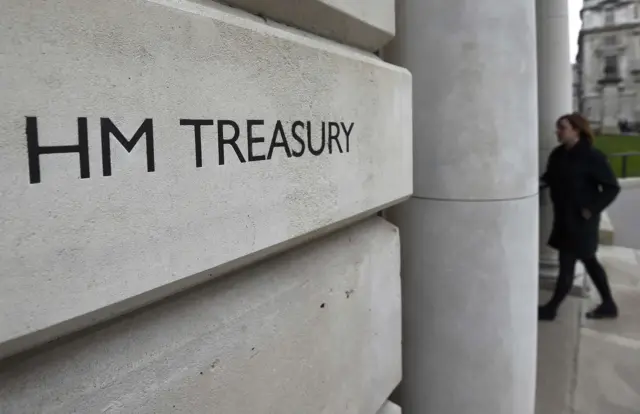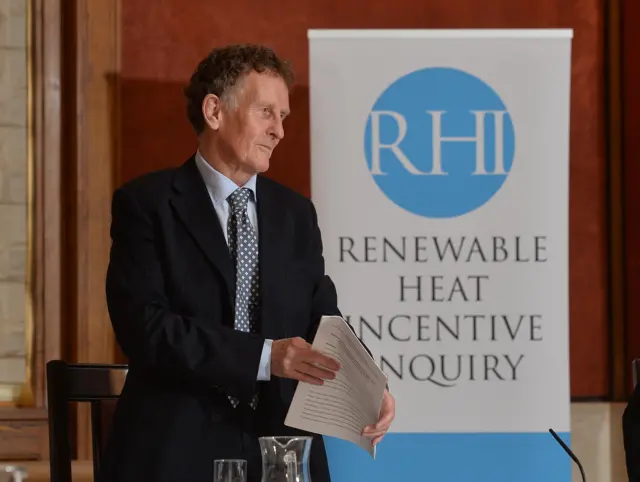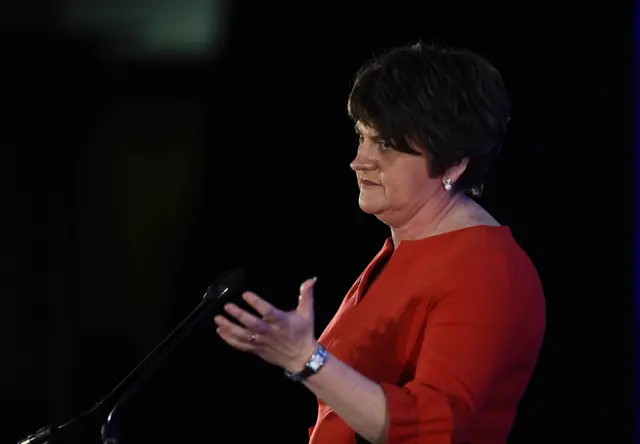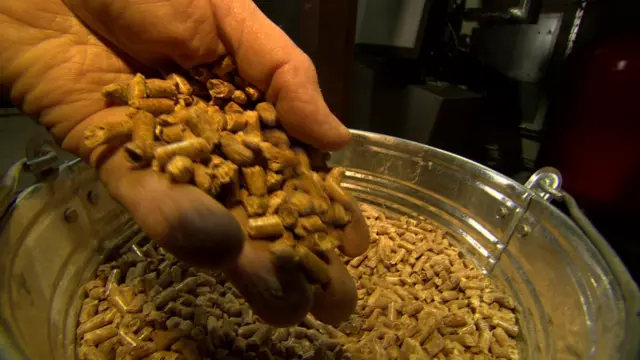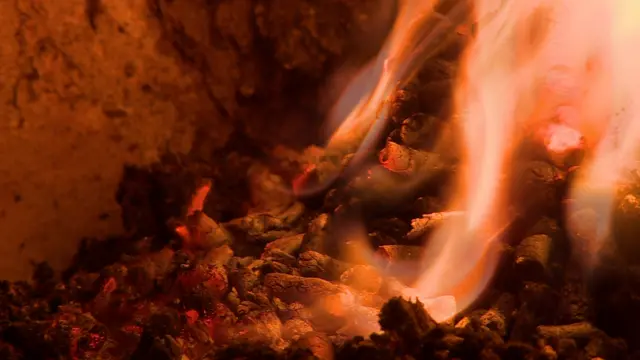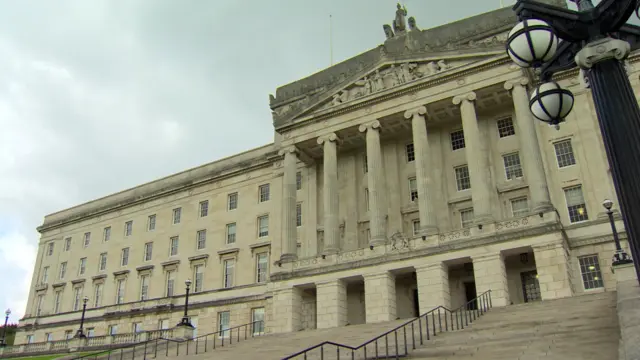'We took work on with some reservations'published at 10:59 GMT 30 November 2017
CEPA entered into its contract with DETI to offer consultancy on the RHI scheme "with some reservations", says Mr Cockburn.
He says he company wanted an interim payment "to help with our cashflow", which was then incorporated into the contract.
 Image source, Getty Images
Image source, Getty ImagesIts role in the RHI project was, according to documents from the time when the arrangement was made, to "undertake an independent economic appraisal of a Northern Ireland-specific" scheme.
A "consideration of the risks" posed in an RHI scheme was part of the CEPA's remit, as well as assessing "uncertainty", and its work was ultimately to make recommendations on "the most cost-effective structure" for a scheme.
